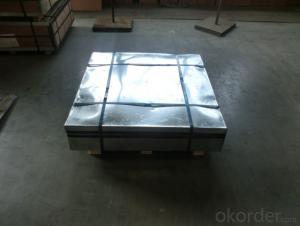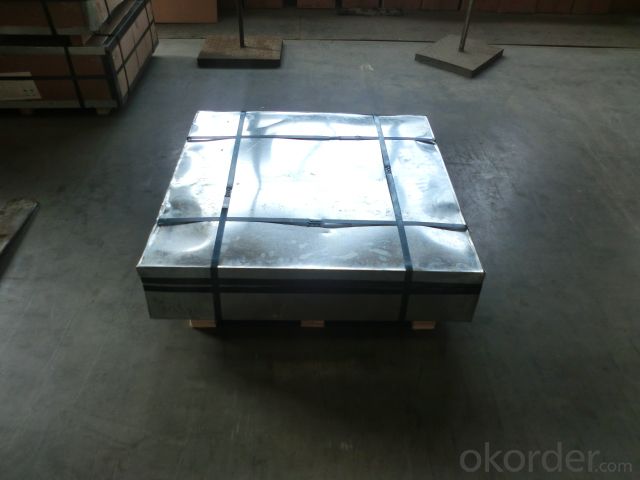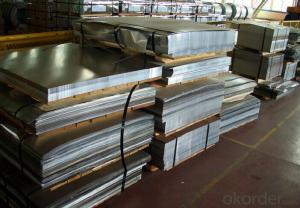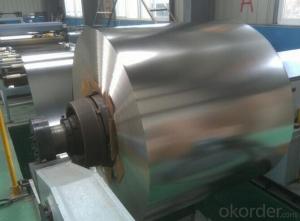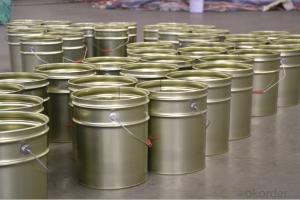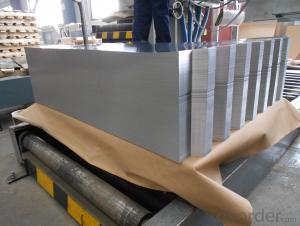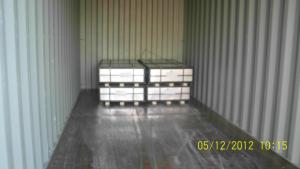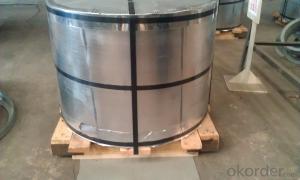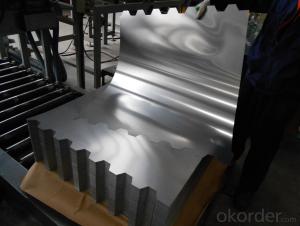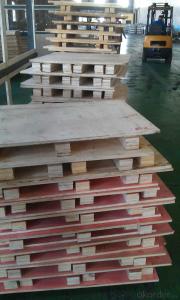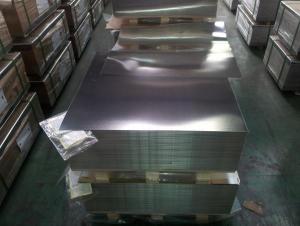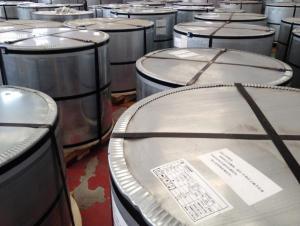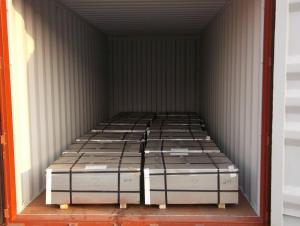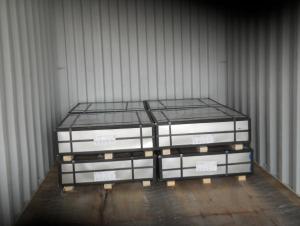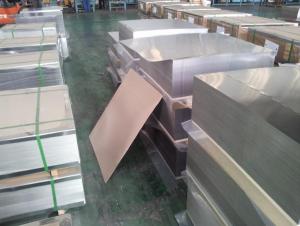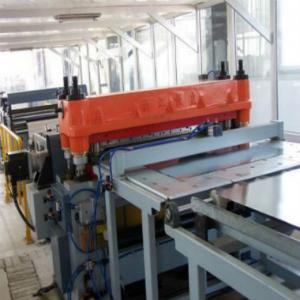TFS TIN FREE STEEL
- Loading Port:
- China Main Port
- Payment Terms:
- TT OR LC
- Min Order Qty:
- -
- Supply Capability:
- -
OKorder Service Pledge
OKorder Financial Service
You Might Also Like
Jiangsu Hefeng Steel New Material Co.,Ltd.started production in Nov.2009,with the total investment of 200 million Yuan.Our company covers an area of 68,000 square meters.The registered capital is 50 million Yuan.We are located in a port city-Dafeng City.
With our keen sense of market demands and continuous efforts,we introduce international advanced production equipment to contral product quality to keep in first class level.
Our main products are tinplate basal plates and chrome coated plates.We are also committed to developing other high-end products in this field.The annual production capacity is more than 100,000 tons.For iron caps,the annual production capacity is around 6-8 million tons.We can produce products in thickness of 0.1mm to 0.5mm.The longest width could be 1,000mm.
All of our products are used in beer both caps,beverage packaging(cans),chemicals,mobile shells,rice cookers,hardware,electronics,communication(fiber cables)and other areas to replace the imported high-grade tin(volume)board materials.
Our company will base on the market,hold on to the“quality of life”principle and let our customers enjoy our products.
- Q: What are the main factors affecting tinplate coil surface finish?
- The main factors affecting tinplate coil surface finish are the quality of the tin coating, the cleanliness of the substrate, the surface roughness of the steel base, and the processing conditions during manufacturing.
- Q: What are the environmental impacts of tinplate production?
- The environmental impacts of tinplate production include the extraction and processing of raw materials, such as iron and tin ores, which can lead to deforestation, habitat destruction, and soil erosion. The manufacturing process involves energy-intensive operations, emitting greenhouse gases and contributing to climate change. Additionally, the production of tinplate requires the use of chemicals, such as sulfuric acid and tin chloride, which can contaminate water sources and harm ecosystems. The disposal of waste and by-products, including sludge and wastewater, also poses a risk to the environment if not properly managed.
- Q: What are the common thicknesses of tinplate?
- The common thicknesses of tinplate range from 0.13mm to 0.49mm, with the most commonly used thicknesses being 0.18mm, 0.20mm, and 0.23mm.
- Q: Can tinplate be used for packaging pharmaceutical products?
- Yes, tinplate can be used for packaging pharmaceutical products. Tinplate is a type of steel coated with a thin layer of tin, making it resistant to corrosion and providing a protective barrier for the contents. It is commonly used for packaging various products, including pharmaceuticals, due to its durability, tamper-proof characteristics, and ability to maintain the quality and integrity of the packaged items.
- Q: Can tinplate be used for automotive parts?
- Yes, tinplate can be used for automotive parts. It is a durable material that provides good corrosion resistance, making it suitable for various automotive applications such as body panels, fuel tanks, and exhaust systems.
- Q: Are there any health concerns associated with tinplate?
- Yes, there are potential health concerns associated with tinplate. Tinplate is coated with a thin layer of tin, which can sometimes contain traces of lead. Prolonged exposure to lead can be harmful, especially for children and pregnant women. Additionally, if the tin coating is damaged or corroded, it can lead to the migration of other metals into food or beverages, which may pose health risks. It is important to ensure the quality and integrity of tinplate packaging to minimize potential health concerns.
- Q: How is tinplate coated for chemical storage containers?
- Tinplate is typically coated for chemical storage containers using a process called electrolytic tin plating, where a layer of tin is electrochemically deposited onto the surface of the steel substrate. This tin coating helps to protect the container from corrosion and chemical reactions, ensuring safe storage and transportation of chemicals.
- Q: How does tinplate perform in terms of magnetic properties?
- Tinplate is not inherently magnetic, as it is made by coating a thin layer of tin onto steel. However, the steel base of tinplate can retain its magnetic properties.
- Q: Can tinplate be used for industrial or automotive applications?
- Yes, tinplate can be used for industrial or automotive applications. Tinplate is a type of steel coated with a thin layer of tin, which provides excellent corrosion resistance and durability. This makes it suitable for various industrial and automotive purposes, such as manufacturing cans, containers, packaging, electrical components, and automotive parts. Its versatility and protective properties make tinplate a preferred choice in these industries.
- Q: Can tinplate be used for military applications?
- Yes, tinplate can be used for military applications. Tinplate, which is coated with a thin layer of tin to prevent corrosion, offers excellent durability and protection against rust. This makes it suitable for various military equipment and supplies such as ammunition cans, food containers, and other storage solutions. Additionally, tinplate is a cost-effective material that can withstand harsh environments and provide long-lasting performance, making it a reliable choice for military applications.
Send your message to us
TFS TIN FREE STEEL
- Loading Port:
- China Main Port
- Payment Terms:
- TT OR LC
- Min Order Qty:
- -
- Supply Capability:
- -
OKorder Service Pledge
OKorder Financial Service
Similar products
Hot products
Hot Searches
Related keywords
